
views
X
Trustworthy Source
Centers for Disease Control and Prevention
Main public health institute for the US, run by the Dept. of Health and Human Services
Go to source
In the circumstance of involuntary childlessness, as in the two latter cases, it is not uncommon to experience grief and a certain apprehension about having a life without children. However, you can cope and learn to move on.
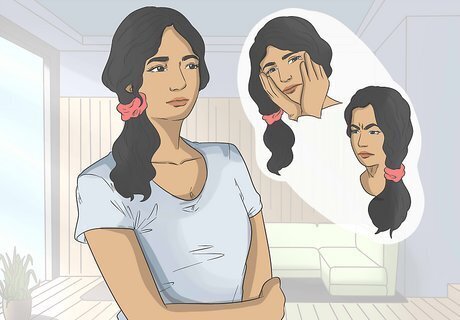
Express Your Feelings. Acknowledge your emotions, however varied they are, and make it a point to express them outwardly. The way you express yourself is personal to you and may involve crying, screaming, laughing, singing, writing, talking or any other of the countless forms of self-expression.
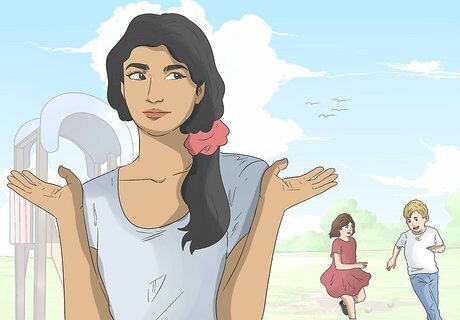
Assess your reality, as it is. It is important that you are realistic about life's circumstances. If you know that you will not have children, then you must accept that fact before you can move forward. Consciously incorporate the following practices into your daily life: Instead of thinking of what should have or could have been, focus on what is and what can be. Imagine your future without children. Make plans for yourself that revolve around not having kids. Envision your plans coming to fruition and you being happy in those plans. Remove painful reminders from sight. If you have baby items that you acquired in the hopes of having a baby, pack them away or give them to someone who will use them. It is important to do the work and understand why you don't want to have kids. Ask yourself how you want to live your life. If this is a decision you took, having that clear in your head can make everything go much smoother.
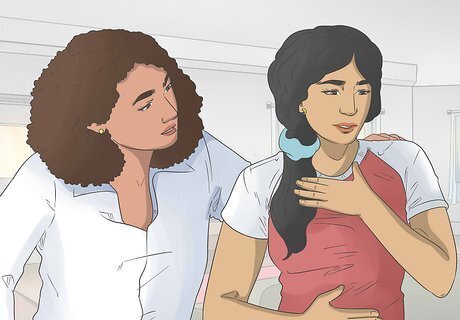
Put things into perspective. Remember that everyone must deal with unwanted life circumstances at times, whether it be death, illness or involuntary childlessness. Relating to others on this level may help you feel less alone.
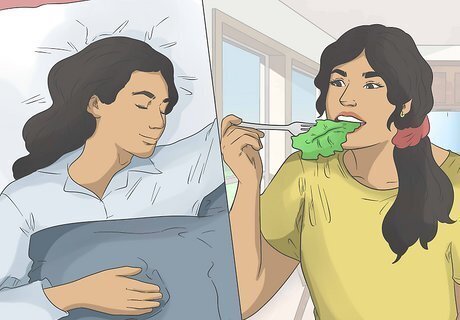
Maintain your health. Get the appropriate amount of sleep, and make sure you are eating well. Neglecting your physical health can complicate the acceptance process.
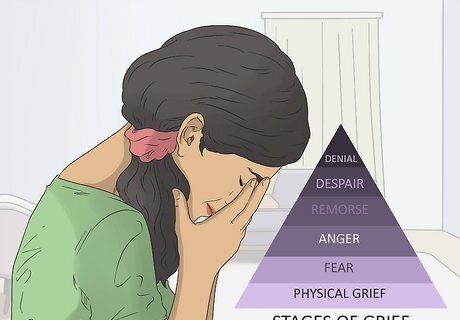
Learn about the stages of grief. Accepting not having children is similar to any type of serious loss in that you will experience grief in its many forms. Understanding how grief manifests will prepare you to be able to manage it. Denial. You may be in disbelief, and mentally unwilling to accept the reality of not having kids. Despair. This is perhaps the most easily identifiable stage of grief, and is characterized by general symptoms of depression. Remorse. You may begin to question or blame yourself for not having children, and this can lead to unnecessary guilt. Anger. The anger associated with grief is not necessarily aimed at a person or a thing, but rather at the circumstance itself. Fear. When the reality of involuntary childlessness sets in, it may cause a sense of panic or anxiety. Physical grief. The physical symptoms of grief include insomnia, irregular appetite changes, headaches, unexplained body aches, nausea and fatigue.
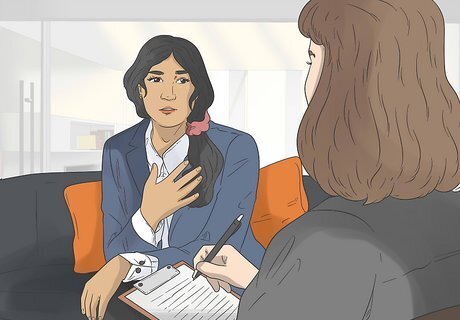
Seek emotional support. Getting outside help is extremely important to the process of coping with not having kids. There are many places you can go for this type of support: Mental health professionals. Find a therapist or counselor whom you feel comfortable with if you feel that you are experiencing obstacles to overcoming uncomfortable emotions. Support groups. Search online and in your local newspapers for support groups for the involuntarily childless. Connecting with other people who share your experience can be a great source of comfort. Religious organizations. If you belong to a church or other religious institution, then you may be able to receive free counseling from someone you already know and trust. Family and friends. Expressing what you are going through to people who love and care about you can be a healthy way of dealing with the grief of not having children.
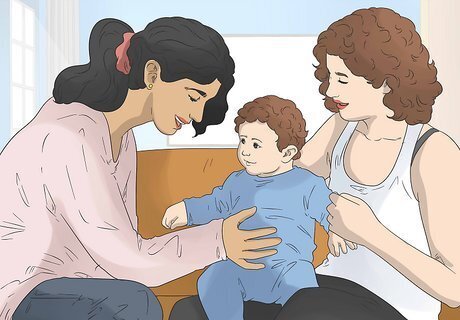
If you love children, consider other ways to have children in your life. You don't need to be a parent in order to help them and watch them grow. Help friends and family members with their children. Babysit for your best friend, or spend time at your brother's house playing with and caring for his children. The children will enjoy playing with you, and the adults will be thankful for the extra help. Consider volunteering at a place where you can work with children. Try becoming an aide, teaching underprivileged children, volunteering for church programs, coming as a guest to schools (e.g. to talk about your job), or working with disabled children. Take a job in which you will be expected to work with children.
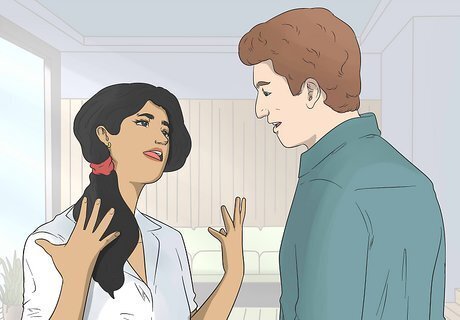
Address situational issues. Deal with the cause for involuntary childlessness in order to fully acclimate to a life without children. If you want children but have an unwilling partner, the decision to not have children can put a great deal of stress on the relationship. It may be difficult to avoid withholding resentment toward your partner, and you will need to rebuild the relationship once you learn to cope with not having children. Work through relationship issues with the help of a couples therapist. Keep communication clear with your partner. Tell them that having kids is very important to you, and ask why they don't want kids. Then listen carefully. Try to find some middle ground: would they be okay with having kids in five years? What about deciding to wait, and to discuss it again a few years from now? Try to find a solution that can satisfy you both. If you are with the right partner, and you feel content with that relationship and you're both on the same boat, you are more likely to have an understanding of what kind of life you want to live together. This will make it easier to make a decision regarding children. In order to accept not having kids due to infertility, it is important that you not place blame on yourself or your partner. Take time to recover physically and emotionally from any medical treatments you and/or your partner may have endured and recognize that the stress from those treatments is likely complicating your ability to cope with not having children.
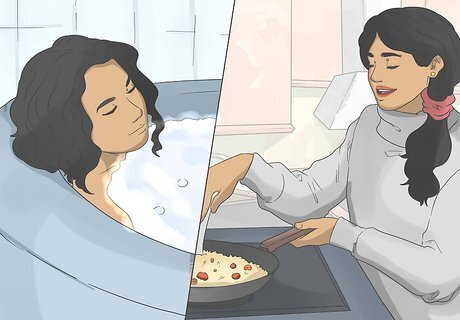
Take time for yourself. Childlessness does not mean an end to happiness. Spend time with people you love, take a long bubble bath, work on your hobbies, and do things that matter to you. You do not need children to live a positive, meaningful life.



















Comments
0 comment